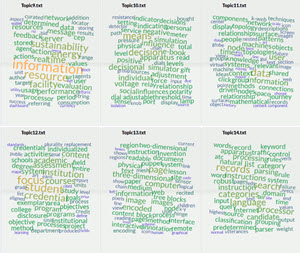The submission deadline (March 1, 2016) for the 4Humanities.org “Shout Out for the Humanities” student prize contest is fast approaching. If you are an undergraduate or graduate student anywhere in the world who values the humanities and think that society should too, please make a submission that tells us why.
How better to advocate for the humanities than to have students tell it in their own words, pictures, videos, songs, online materials, etc.?
We’ll use your submissions to get the news out that society needs a robust, rich mix of fields, disciplines, and values, among which the humanities have a strong role.
Share this post about our contest with friends. Check out our Facebook page and “like” our post on the contest. Follow us on Twitter (@4Hum).
There are separate prizes for undergraduates and graduates. There is a great panel of distinguished judges. We’ll be posting the submissions.

